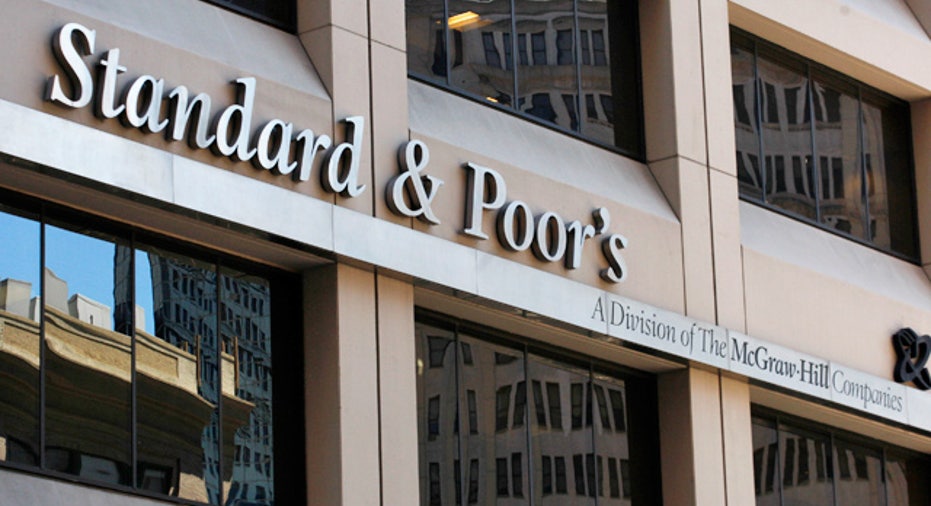Bumbling Bond Traders Blow It

Only the bumbling bond traders of Wall Street can screw up what looked like a good insider tip.
Despite the controversial move by Standard & Poor’s to give an early warning to some big firms of its decision to downgrade the U.S. sovereign debt back in early August, big Wall Street bond trading desks actually lost money trading Treasury bonds in the third quarter, bond traders and analysts tell the FOX Business Network.
The bond market losses are among the leading factors for what analysts expect will be a series of weak earnings results next week, as big firms like Goldman Sachs, (NYSE:GS) Citigroup (NYSE:C) and Morgan Stanley (NYSE:MS) announce third-quarter results. In fact, some analysts expect Goldman to lose money--only its second quarterly loss since becoming a public company--in large part because of losses tied to its bond operations.
And these losses, ironically, can be tied directly to the controversial move by Standard & Poor’s to give early warning to Wall Street firms and large bond investors like Blackrock that it was preparing to cut its rating on the U.S. Treasury bond from its long-held 'AAA' status to 'AA+' plus before it released its downgrade publicly on Aug. 5.
As first reported by the FOX Business Network, S&P indicated to big investors and Wall Street firms in the days prior to the official announcement that it was moving toward a downgrade, people with direct knowledge of the matter say. The move, according to these people, was designed to minimize market volatility that was expected to follow the downgrade.
Standard & Poor’s declined to comment on the matter.
Wall Street firms responded by “shorting” Treasury bonds, or placing market bets that the prices of Treasury bonds would fall in response to the likely downgrade. But just the opposite market response occurred; Treasury bond prices rallied as the European banking crisis erupted and many investors sought safety in U.S. Treasury bonds.
Being short Treasuries after the S&P tip “was certainly one of the reasons the firms are having bad quarters,” said analyst Richard Bove of Rochdale Securities. Bove also said that in addition to losing money shorting Treasuries, firms lost money by holding, or “being long” other bonds and some commodities that lost money.
S&P’s early warning about the downgrade is being investigated by the Securities and Exchange Commission. The tipoff of the downgrade may violate insider trading laws, since such information was potentially market moving, and not available to the general public.
But in most cases of insider trading, participants need to make money for it to be a crime. In this case, it appears that trading desks that acted on the early warning lost money because of the unforeseen rally in Treasuries.
Traders and analysts say Goldman Sachs might be the most affected by betting against Treasuries during the third quarter. The bank will announce its quarterly results Tuesday. A spokesman declined to comment on the matter.
But also likely to take an earnings hit will be Morgan Stanley, which announces third-quarter results on Wednesday and Citigroup, which posts results Monday. Shares of Morgan, Goldman and Citigroup have decline about 40% during the past six months.
The bond-trading losses of the big banks was foreshadowed in late September when a Jefferies & Co., a midsized brokerage firm, reported a massive decline in bond trading revenue for its third quarter. The bond market route also forced some small firms to close down their bond trading operations.



















